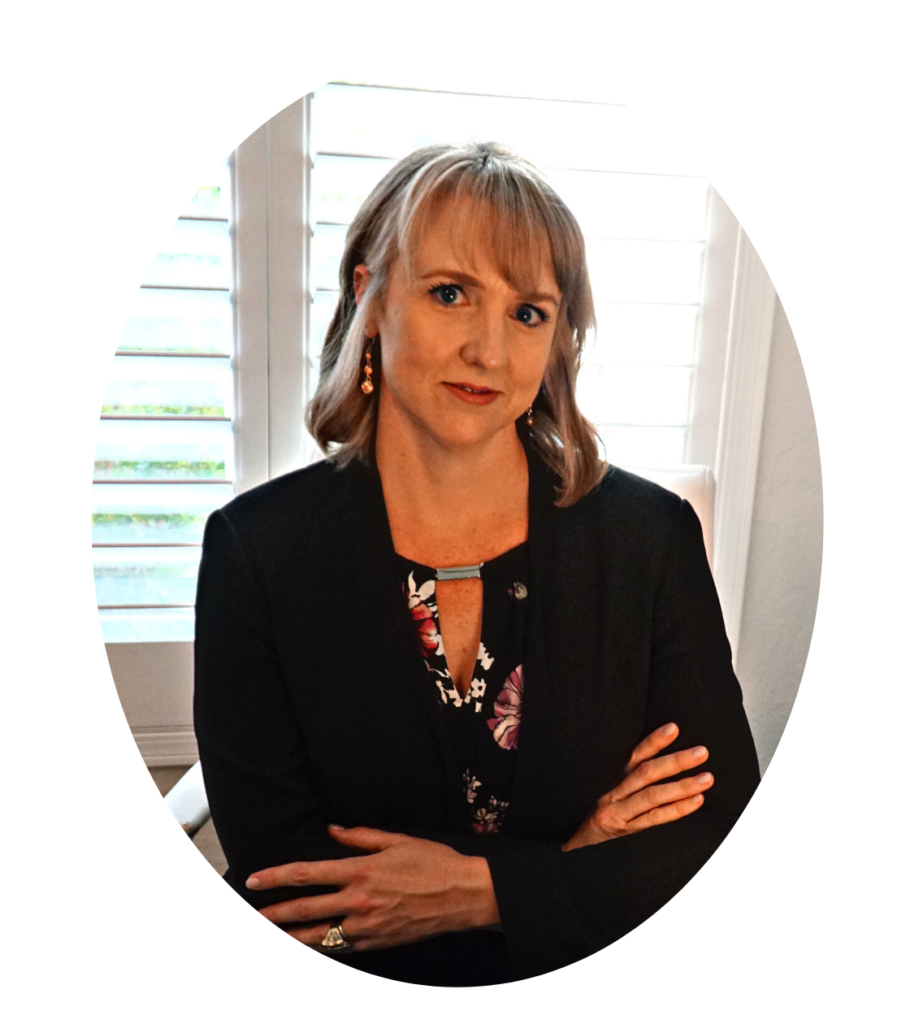Commit to Calm day 23
Research shows understanding and labeling your emotions helps you regulate them. Learn the power in saying, “I’m anxious.”
Like many Americans, I’m anxious. In fact, anxiety is the most common mental illness in the United States, affecting 40 million people.[1] This is more than 18% of the population! On several occasions this week, I was anxious and admitted it out loud. Just saying it brought me relief, but I was even more comforted by the response of others. Multiple people around me shared my anxiety. I’ve learned there’s a lot of power in saying, “I’m anxious!”
The importance of labeling emotions
When you lack the ability to identify your emotions, you lack emotional clarity. Impaired emotional clarity is associated with problems regulating those emotions.[2] In other words, difficulty labeling your anxiety may lead to difficulty controlling it. In a study on emotions, clarity was associated with well-being such that those who understood their emotions experienced better well-being scores, and vice-versa.[3] Even more powerful, those who have emotional clarity are more likely to engage in coping skills. Thus, if you can label it, you can deal with it.
Everything becomes a little different as soon as it is spoken out loud
Hermann Hesse
The power in labeling anxiety
As reported in a Psychology Today article, one study tested the power in labeling anxiety.[4] Researchers recruited participants with a spider phobia, bringing them into a lab and then exposing them to spiders. Physiologic responses were measured through skin conductance. Participants were instructed to do one of four things:
- Label the anxiety felt about the spider
- Think differently about the spider so it felt less threatening
- Distract from the anxiety elicited by the spider
- Nothing – no specific instruction was given as a control group
Participants instructed to label their anxiety experienced less physiologic reaction to the spiders. Even more interesting, the more fear and anxiety words used by a participant, the lower the physiologic reaction to the spider. If we extrapolate from this study, the clearer we are about our anxiety and the better we can verbalize it, the more we can reduce our emotional response.
My experience saying, “I’m anxious!”
I already told you about my heightened anxiety in 2020, and how I put off my dentist appointment for a few months. While at the appointment on Tuesday, I mentioned my anxiety to the hygienist. She reassured me how normal I am, referring to the high number of patients they see whom express similar concerns. I’m sure this is true, and she tells a lot of patients the same thing. However, I later showed her how sweaty my palms were. It was then that she confided how she experiences anxiety. She went into greater detail about the anxiety she experiences in the mornings and how at times she gets overwhelmed. Talking through her anxiety, reassuring herself, and taking one task at a time is how she copes with it.
We talked about our anxiety a few more times throughout the appointment, connecting over some of our shared experiences. It was comforting to not only hear I’m not alone, but also to just say it out loud. Often, my internal dialogue when anxious is brutal. Ruminating thoughts and a hyper focus on what’s going inside my body makes the anxiety worse. It feels as if I’m slipping farther and farther from the present, like viewing reality from a distant vantage point. By stating, “I’m anxious” out loud and talking with the hygienist, a lot of the negative emotions didn’t have a chance to get out of control. It brought me back to the present moment.

I had a similar experience yesterday while volunteering at a COVID vaccine clinic. I was a “runner” for the clinic, fetching and delivering supplies to ten different vaccine stations. Five of us were tasked with this job. During down time, we would engage in the typical get-to-know-you chit-chat.
When our exhaustion came up in the conversation, I mentioned my difficulty sleeping the night before. I was anxious about this new experience, nervous about getting there on time, and fearful of COVID exposure. Two other group members chimed in with, “Me too!” That means 60% of us were experiencing the same thing!
I know these examples are anecdotal and represent a micro sample size. However, given anxiety’s prevalence, these experiences are representative. Anxiety is everywhere. Chances are, if you’re anxious, you’re not alone. You might be surprised who feels the same as you. Even more important, identifying it as such and talking to those around you can bring relief. There’s a lot of power in simply saying, “I’m anxious.”
Have you had a similar experience when admitting you were anxious? Leave me a comment!
Want more? Consider signing up for Take Five, a weekly newsletter containing five things to reflect on and inspire your own journey to a calmer state of mind.
For real time updates, follow me on facebook, Instagram, Twitter, and Pinterest!
[1] https://adaa.org/about-adaa/press-room/facts-statistics
[2] Vine, Vera & Aldao, Amelia. (2014). Impaired Emotional Clarity and Psychopathology: A Transdiagnostic Deficit with Symptom-Specific Pathways through Emotion Regulation. Journal of Social and Clinical Psychology. 33. 319. 10.1521/jscp.2014.33.4.319.
[3] Carol L. Gohm & Gerald L. Clore (2002) Four latent traits of emotional experience and their involvement in well-being, coping, and attributional style, Cognition and Emotion, 16:4, 495-518, DOI: 10.1080/02699930143000374
[4] https://www.psychologytoday.com/us/blog/sweet-emotion/201408/why-labeling-emotions-matters


0 Comments
5 Pingbacks